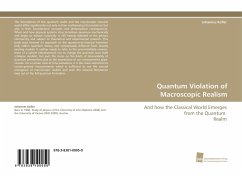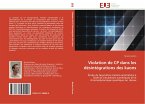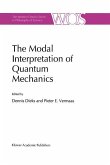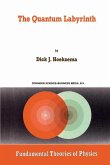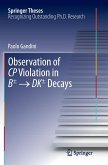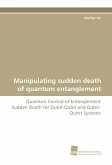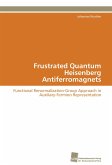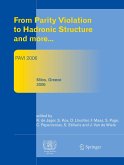The descriptions of the quantum realm and the
macroscopic classical world differ significantly not
only in their mathematical formulations but also in
their foundational concepts and philosophical
consequences. When and how physical systems stop to
behave quantum mechanically and begin to behave
classically is still heavily debated in the physics
community and subject to theoretical and
experimental research. This book puts forward an
approach to the quantum-to-classical transition
fully within quantum theory and conceptually
different from already existing models: It neither
needs to refer to the uncontrollable environment of
a system (decoherence) nor to change the quantum
laws itself (collapse models), but puts the stress
on the limits of observability of quantum phenomena
due to the imprecision of our measurement
apparatuses. For a certain class of time evolutions,
it is this mere restriction to coarse-grained
measurements which is sufficient to see the natural
emergence of macroscopic realism and even the
classical Newtonian laws out of the full quantum
formalism.
macroscopic classical world differ significantly not
only in their mathematical formulations but also in
their foundational concepts and philosophical
consequences. When and how physical systems stop to
behave quantum mechanically and begin to behave
classically is still heavily debated in the physics
community and subject to theoretical and
experimental research. This book puts forward an
approach to the quantum-to-classical transition
fully within quantum theory and conceptually
different from already existing models: It neither
needs to refer to the uncontrollable environment of
a system (decoherence) nor to change the quantum
laws itself (collapse models), but puts the stress
on the limits of observability of quantum phenomena
due to the imprecision of our measurement
apparatuses. For a certain class of time evolutions,
it is this mere restriction to coarse-grained
measurements which is sufficient to see the natural
emergence of macroscopic realism and even the
classical Newtonian laws out of the full quantum
formalism.

